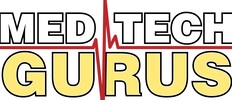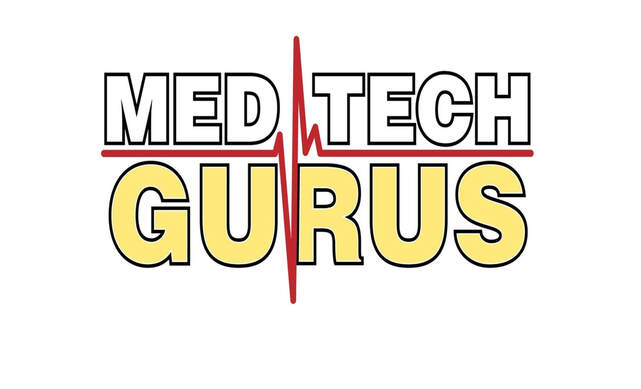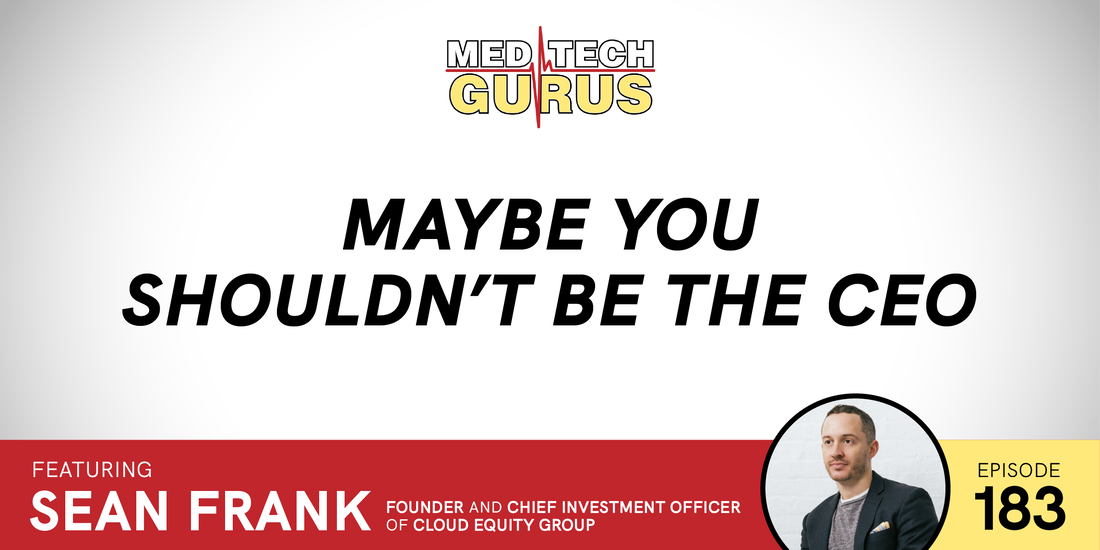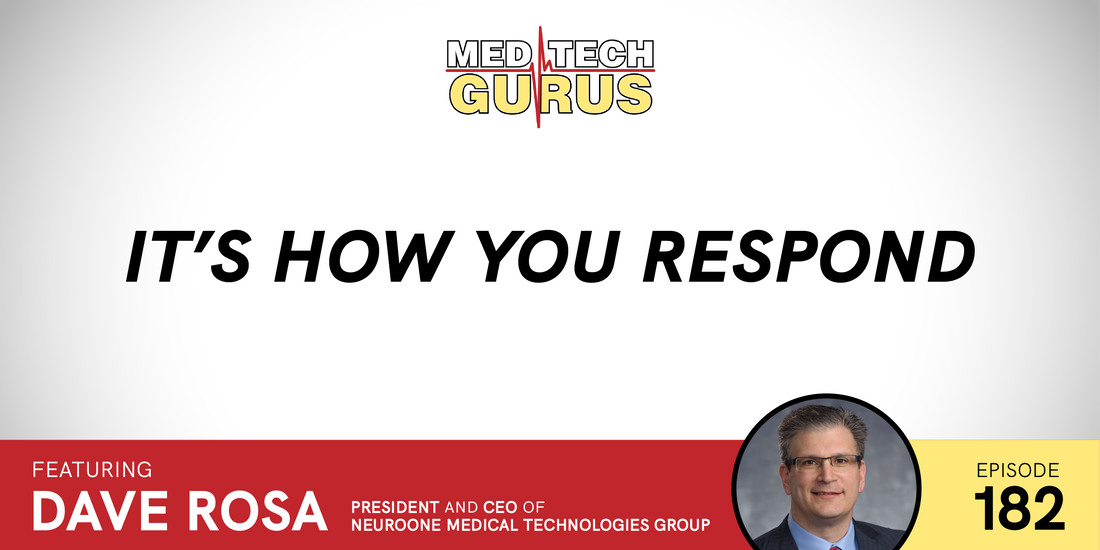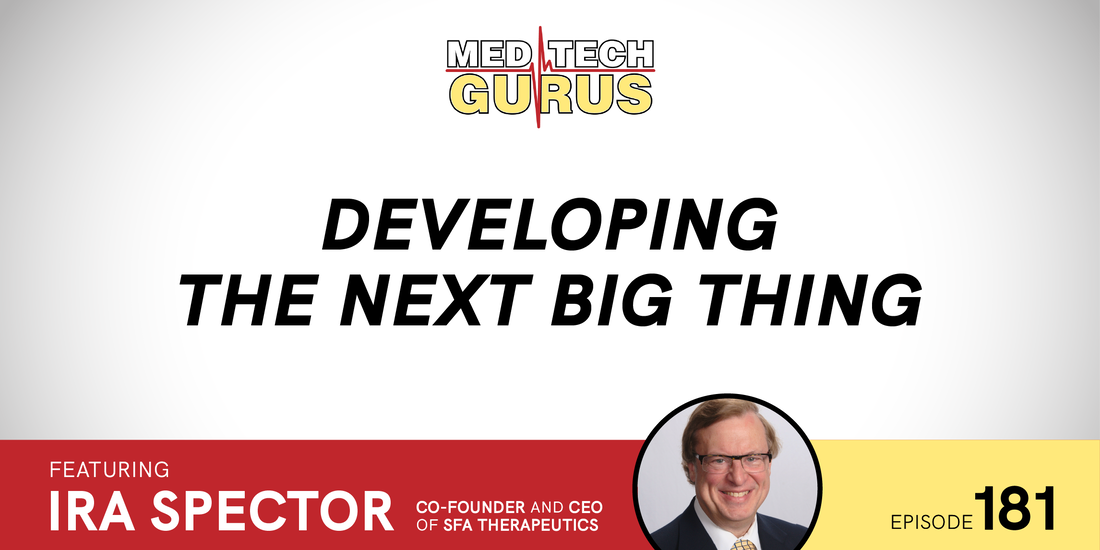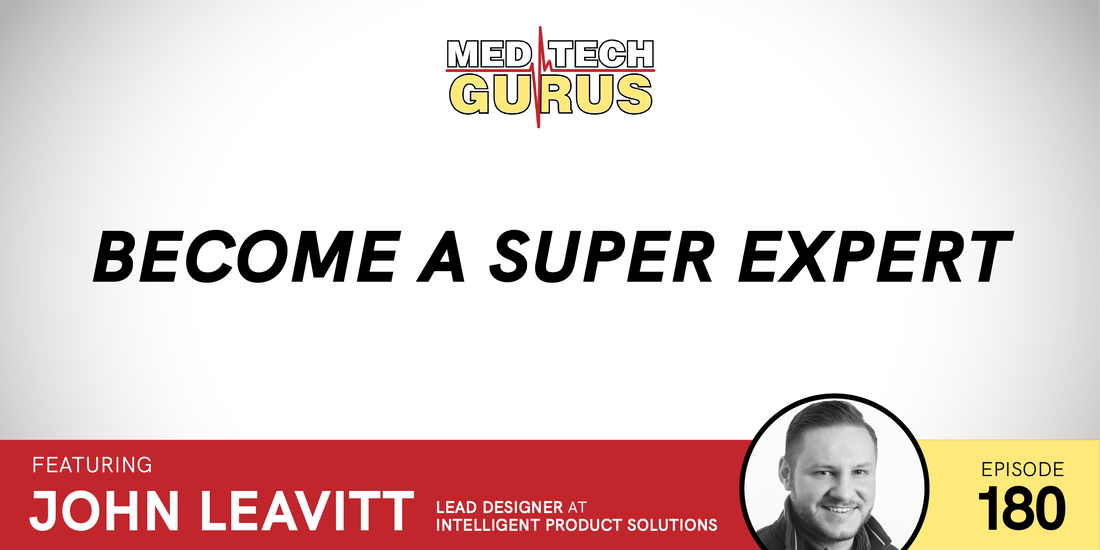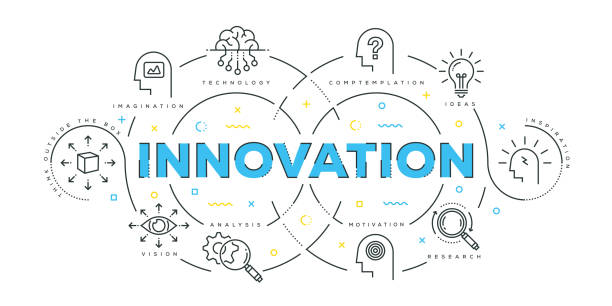|
In the rapidly evolving landscape of medtech startups, safeguarding intellectual property (IP) is paramount. Stan Gibson, a seasoned legal expert with over 30 years of experience, sheds light on the crucial steps startups should take to protect their innovations and navigate the complex commercialization process. The Importance of Contract Manufacturing For many medtech startups, contract manufacturing, whether onshore or offshore, is an integral part of their business model. Gibson emphasizes the necessity of involving legal experts early in the process to avoid potential pitfalls. He recounts a client's experience with a poorly drafted contract that led to litigation: "This contract was just bad enough to get me sued and just good enough to win," he says. Such situations are best avoided, as litigation is both time-consuming and costly. To prevent these issues, Gibson advises that startups ensure non-disclosure agreements (NDAs) and assignments are in place from the outset. This is crucial for protecting any intellectual property developed by the contract manufacturer, ensuring that ownership remains with the company funding the work. Early legal involvement can prevent costly disputes and save significant resources in the long run. The Value of Early Legal Involvement Gibson stresses the importance of engaging legal professionals early in the product development process. "Bringing in lawyers at the beginning is much less expensive than litigating a dispute later, which can cost hundreds of thousands of dollars," he notes. This proactive approach allows startups to navigate the complexities of patent law and develop a robust IP portfolio. Having patent attorneys involved in product development discussions helps entrepreneurs understand which aspects of their innovation should be patented. This collaboration creates a strong IP portfolio that can deter competitors and protect the company's market position. A well-developed patent portfolio, often referred to as a "patent thicket," can be a significant asset, making it harder for competitors to infringe on the company's IP. Building a Strong Patent Portfolio A comprehensive patent strategy is essential for medtech startups. Patents begin with a specification and claims that define the boundaries of the patent. Gibson explains that additional claims can be added in subsequent patents, creating a robust "patent thicket." This strategy not only protects the innovation but also enhances the company's value during acquisitions or public offerings. Potential buyers or investors look for strong IP portfolios as they indicate the company's ability to safeguard its innovations against competitors. Proper documentation and clear ownership of patents are critical during due diligence processes for funding or acquisition. "You want to make sure you have proper assignments from the beginning," Gibson advises, as this prevents disputes over ownership that can derail the commercialization process. The Importance of Documentation and Assignments Ensuring clear ownership of patents through proper documentation and assignments is crucial. This becomes particularly important during due diligence processes for funding or acquisition. Properly documented IP rights facilitate smoother funding rounds and enhance the company's attractiveness to potential investors or acquirers. "You want to make sure you have proper assignments from the beginning. This prevents disputes over ownership that can derail the commercialization process," Gibson emphasizes. Innovations in the Courtroom Gibson's innovative approach extends to the courtroom, where he has used detailed animations to explain complex medical procedures. He recalls a case involving spinal fusion surgeries where animations helped the jury understand the technology without being overwhelmed by graphic surgical footage. "We wanted ways to bring the surgery into the courtroom without the blood and gore. Animations showed the implants and methods clearly, helping the jury understand the technology," he explains. This innovative use of technology in the courtroom underscores the importance of clarity and precision in legal proceedings involving complex medical technologies. The Path to Commercialization Navigating the commercialization process can be challenging for medtech startups. Gibson advises that having a well-protected IP portfolio is key to attracting funding and avoiding disputes. "One of the biggest impediments to commercialization is funding. Ensuring your IP is protected can help secure funding and prevent boardroom squabbles that delay progress," he says. Periodic IP health checks are also recommended to ensure the portfolio remains robust and up-to-date. This proactive approach can help startups identify potential issues early and address them before they become significant problems. Looking Ahead Gibson's goal is to help 10,000 entrepreneurs and inventors at an early stage, preventing the need for costly litigation. By educating startups through resources like the IP Checklist, he aims to help them protect their innovations from the outset. For more information about Stan Gibson and his IP Checklist, visit www.ip-checklist.com. Med Tech Gurus Episode #242
Reimagining Cleanliness: A Revolution in Disinfection with Viking Pure Solutions Daniel Lawson was recently a guest on Med Tech Gurus Episode #242. Daniel brought some great insights regarding disinfection agents. The disinfection and cleaning industry is undergoing a revolutionary transformation, thanks to Viking Pure Solutions. Co-founded by Daniel Lawson, Viking Pure is dedicated to reimagining how we clean and disinfect by introducing an environmentally conscious, patent-protected technology that is set to change the game. A Journey from Neurospine to Disinfection Daniel Lawson, co-founder and president of business affairs at Viking Pure, spent nearly twelve years in the spine implant technology sector before transitioning to infection prevention. His experience in maintaining sterile conditions and witnessing the devastation caused by infections inspired him to research electrolized water and its applications. This research became the foundation of Viking Pure Solutions. The Leap to Entrepreneurship Starting Viking Pure wasn't an easy decision. Initially a side project, Viking Pure required evenings and weekends of dedication. The real challenge was deciding when to leave secure jobs and commit fully to the venture. Customer feedback and significant moments of success validated their efforts, making the leap into entrepreneurship a calculated risk worth taking. Best Practices for Commercializing Innovation Introducing disruptive technology in the healthcare industry requires more than just innovation. It demands a deep understanding of the industry and a commitment to education. Viking Pure offers customers the opportunity to try their technology at no cost, accompanied by ongoing education and certification. This approach ensures customers understand and trust the benefits of the technology, facilitating adoption and driving change. Addressing COVID-19 and ESG Concerns The COVID-19 pandemic heightened awareness of infection risks and emphasized the importance of Environmental, Social, and Governance (ESG) initiatives. Viking Pure Solutions addresses these concerns by building electrolysis water generators that produce hospital-grade disinfectant and multipurpose cleaning solutions using only water, salt, and electricity. These solutions are non-toxic and safe for the environment, effectively meeting regulatory requirements without the risks associated with traditional chemicals. Reducing Waste and Ensuring Safety One of the significant issues in healthcare is the disposal of chemical residues. Viking Pure Solutions tackles this by generating chemicals on-site, eliminating the need for single-use disposables. This not only reduces waste but also offers substantial cost savings. For example, a hospital system working with Viking Pure saves approximately $40,000 annually on recycling costs by producing its chemicals on-site. Redefining Cleanliness The traditional belief that cleanliness is associated with the smell of bleach or citrus is a misconception propagated by the chemical industry. True cleanliness, as advocated by Viking Pure, has no smell. Viking Pure’s solutions are effective without added fragrances, making them safer for both users and the environment. The Future of Disinfection Daniel Lawson and Viking Pure Solutions are at the forefront of a revolution in the cleaning and disinfection industry. Their innovative, environmentally friendly technology sets a new standard for what it means to be truly clean. By focusing on education, safety, and sustainability, Viking Pure is not only transforming cleaning practices but also contributing to a healthier planet. In conclusion, Viking Pure Solutions is pioneering a new era in disinfection and cleaning. Their commitment to eliminating toxic chemicals and reducing environmental impact is a significant step forward for the industry. Daniel Lawson's journey from neurospine technology to infection prevention exemplifies the innovative spirit needed to drive meaningful change. As the world becomes more conscious of the importance of safe and sustainable cleaning practices, Viking Pure Solutions is poised to lead the way. We're thrilled to feature Amanda Proscia, co-founder of Lightspeed Public Relations and Marketing, on the latest episode of Med Tech Gurus! 🎙️
In Episode 241, titled "Getting Market Buzz," Amanda dives deep into the dynamic world of health tech PR. She shares invaluable insights on building strong reputations, showcasing groundbreaking innovations, and overcoming commercialization challenges. Whether you're a startup or a seasoned professional, Amanda's expertise provides actionable strategies to elevate your brand and succeed in the competitive med tech landscape. This episode is packed with tips and strategies essential for anyone looking to make a significant impact in the med tech industry. Don't miss out on learning from one of the best in the business. Tune in now to get the buzz on market buzz! 📈 #MedTech #PublicRelations #HealthcareInnovation #Podcast The Impact of Podcasting in Medical Technology Innovation
Keywords: medical technology Meta Description: Explore the dynamic world of podcasting with Thomas Hickey as he unravels the innovations within the medical technology industry. MedTech podcasting serves as a vital platform for sharing breakthroughs and stories within the medical technology field. In a recent interview by the Podcast Marketing Agency, GHA Marketing, Thomas Hickey, host of MedTech Gurus Podcast, sheds light on the field's innovative path. Thomas Hickey, who has more than thirty years of experience, interacts with many stakeholders to analyze every facet of medical technology, from development to market readiness. The Heart of the MedTech Gurus PodcastThe goal of the MedTech Gurus Podcast is to connect with healthcare providers, supply chain experts, and financiers who are influencing the medical technology industry, in addition to highlighting innovators. With his diverse approach, Tom hopes to cover every angle impacting MedTech advancements and open up a space for undiscovered stories and valuable information from the industry. The Beginning of MedTech Gurus PodcastThomas Hickey saw a gap in MedTech conversations on his morning walks, which gave him the idea for the podcast. The podcast was created to close this gap by sharing insights from his vast experience. By referring to people as "gurus," Tom hopes to inform and mentor the audience as they discover the complex pathways of medical technology innovation. Embracing Podcasting in Medical TechnologyThomas Hickey prefers podcasting to other types of media because it is a format that is convenient and comfortable for both him and his listeners. His goal is to provide both guests and listeners with exceptional content and experiences, which is why he prioritizes becoming an expert podcast host. Lessons Learned from Hosting Over 200 EpisodesHosting the MedTech Gurus podcast has been a journey of growth for Thomas Hickey, especially in enhancing his listening skills and asking insightful questions. Through meticulous preparation and learning from other podcast hosts, he ensures each episode delivers value and resonates with the audience. The Intersection of Medical Technology Innovation and ConsultingExcelerant Consulting plays a pivotal role in guiding MedTech companies through the commercialization phase. From market access strategies to exploring complex healthcare systems, the firm facilitates the journey of groundbreaking technologies into the market efficiently. The Intersection of Medical Technology Innovation and ConsultingExcelerant Consulting plays a pivotal role in guiding MedTech companies through the commercialization phase. From market access strategies to navigating complex healthcare systems, the firm facilitates the journey of groundbreaking technologies into the market efficiently. Podcasting as a Learning and Networking Avenue in Medical TechnologyThe MedTech Gurus podcast serves as a rich source of knowledge, connecting thought leaders and professionals within the industry. Thomas Hickey's active engagement and listening ensure that each episode provides valuable insights for both guests and listeners. The Power of Preparation and Networking In-depth preparation for each episode enriches content and fosters a sense of community among MedTech professionals. By making meaningful connections between guests, the podcast contributes to advancing medical technologies and benefiting patients. Reflections on Industry Impact and Personal FulfillmentWorking in the MedTech industry offers a unique blend of personal satisfaction and professional achievement, contributing directly to enhancing patient care and health outcomes. The constant evolution and demand for innovative solutions make MedTech a field of endless learning and significant impact. Enhancing Business Through PodcastingPodcasting serves as a powerful tool for networking, staying current, and amplifying thought leadership within the medical technology sector. By featuring clients' stories, the podcast offers a platform for sharing innovations and thought leadership without being an infomercial. Unintentional Benefits of MedTech PodcastingBeyond its initial goals, MedTech podcasting brings about amplified thought leadership and enhanced networking opportunities. These organic outcomes highlight the value and potential of podcasting in the MedTech landscape. The Backbone of Successful PodcastingMaintaining consistency and delegating technical tasks are essential for successful podcasting. Thomas Hickey's emphasis on building a reliable team underscores the importance of support in executing each episode seamlessly. The Regulatory Compliance in MedTech PodcastingGiven the regulated nature of the industry, ensuring compliance in podcast content is crucial. Detailed outlines and awareness of regulatory restrictions help navigate potential pitfalls while providing valuable insights. The Value of Delegating Podcast Production Tasks Outsourcing technical tasks such as editing ensures high-quality production and allows the host to focus on content creation and engagement. Investing in professional services enhances the podcast's quality and reach. Essential Advice for Aspiring Medical Technology PodcastersStarting a MedTech podcast requires passion, clear vision, and a commitment to continuous learning. Additionally, Hickey's advice emphasizes cultivating passion, defining success, and embracing continuous improvement for aspiring podcasters. ConclusionIn conclusion, Tom Hickey's innovative work on MedTech podcasting serves as an example of how this significant advancement in medical technology is made possible. Furthermore, through insightful discussions, knowledge sharing, and networking, the MedTech Gurus podcast not only fosters innovation but also cultivates a community dedicated to driving the industry forward. As we embrace the transformative power of podcasting in MedTech, we recognize its pivotal role in shaping the future of healthcare and inspiring the next generation of industry leaders.
The Journey of a CEO: Navigating the Differences Ira Spector, the CEO and co-founder of SFA Therapeutics, knows a thing or two about the differences between leading a startup and being part of a global company. With over 35 years of experience in the pharmaceutical industry, including roles as Vice President and Vice-Chief of Development at Wyeth and Senior Vice President of Global Clinical Development Operations at Allergan, Spector has seen it all. But it was his decision to strike out on his own that truly tested his skills and experience.
In a recent interview, Spector shared his insights on the differences between running a small startup versus leading a large organization. The first major difference he highlighted was budget. In his previous roles, Spector had access to budgets that exceeded $2 billion and was responsible for overseeing hundreds of clinical trials each year. In contrast, when running a startup, he had to wear many hats and build systems as he went. He emphasized that time management becomes a critical skill in a small organization where every minute counts. Another difference Spector highlighted was the need for delegation. As a CEO of a startup, he had to be strategic about which tasks he delegated and to whom. While it may be tempting to handle everything yourself, Spector emphasized that delegation and teaching others are essential components of building an organization. By teaching others what needs to be done, how it needs to be done, and when it needs to be done, a CEO can build a team that can work together to achieve their goals. Spector also shared the interesting story of how the idea for SFA Therapeutics originated at a social function. He and his wife were fairly new to the area and attended a social gathering where they met a scientist who shared his research on small molecules that had therapeutic potential. After extensive research and testing, SFA Therapeutics was born. This story emphasizes the importance of keeping an open mind and always being on the lookout for opportunities. Spector's experience demonstrates that inspiration and opportunity can come from unexpected places, and that taking the leap to start a business can be a rewarding and challenging experience. In conclusion, navigating the differences between a startup and a global company requires a unique set of skills and experience. From budgeting and time management to delegation and open-mindedness, a CEO must be adaptable and strategic to succeed. With his experience and insights, Ira Spector serves as an excellent example of how to navigate these differences and build a successful startup from scratch. The field of med tech is constantly evolving, with new technologies and innovations emerging every day. However, developing a product in this industry is not an easy feat, particularly for startups. In the Med Tech Gurus Podcast episode #180, John Leavitt Lead Designer at Intelligent Product Solutions discusses some of the challenges that entrepreneurs face and offer some valuable insights to overcome them.
One of the biggest challenges for startups in the med tech industry is the FDA submission process. The approval process is long and complicated, requiring meticulous documentation and understanding of the different classifications of products. Entrepreneurs need to understand where their product falls in the category and which approval process they need to follow. To overcome this challenge, entrepreneurs need to embrace the documentation process. This includes writing down the marketing requirements, product requirements, and business plans. By having everything written down and concise, entrepreneurs can share their vision with others and build a team. However, entrepreneurs should also understand where they are in the development process and differentiate between a bench-top prototype and a human user-facing prototype. This helps them avoid unnecessary expenses and focus on the critical aspects of the development process. Another critical aspect of the development process is risk assessment. By understanding the risks involved in the process, entrepreneurs can anticipate and reduce the burden of excessive documentation, change orders, and approvals. Furthermore, becoming an expert in the problem that entrepreneurs are trying to solve is also critical. Entrepreneurs should be obsessed with it, develop a better vision, and write down their ideas to help organize their thoughts and develop the right rationale. In conclusion, developing a product in the med tech industry requires entrepreneurs to focus on several critical aspects of the development process. By embracing the documentation process, becoming an expert in the problem, and understanding the risks involved, entrepreneurs can overcome the challenges and develop successful products.
|
|
Proudly powered by Weebly
